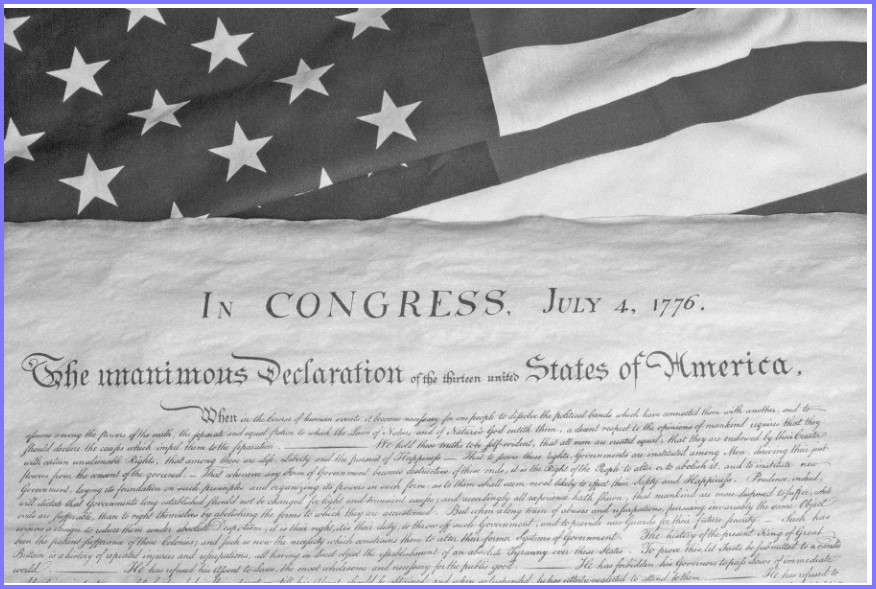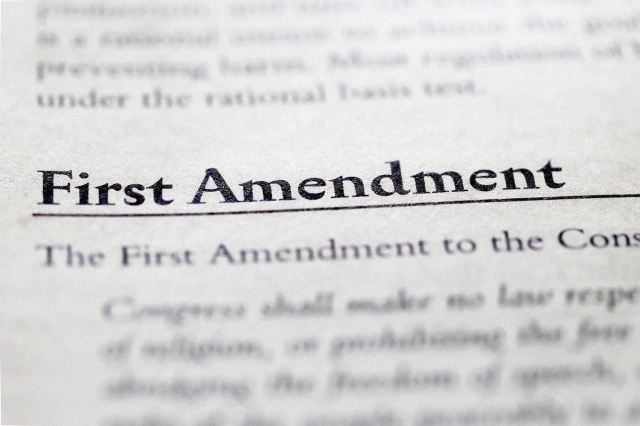Log in
Statistics
We have 477 registered usersThe newest registered user is гераскинс
Our users have posted a total of 48009 messages in 7050 subjects
THAT’S ENTERTAINMENT
CLICK ON ANY OF THESE LINKS TO FIND OUR EXTREME ENTERTAINMENT
UPDATED :
71 WGT TUTORIALS & 32 YOUNG46 TUTORIALS
CLICK HERE TO SEE OVER 100 YOUTUBE VIDEO TUTORIALS . FROM WGTers , WGT & YOUNG46 FORUM UPDATE
TO THE MANY WELCOME GUESTS . THIS FORUM IS NO LONGER A COUNTRY CLUB WEBSITE FOR A WGT COUNTRY CLUB . PLEASE FEEL FREE TO READ THE FORUMS.
THERE ARE MANY TOPICS OF INTEREST . OR NOT . THIS WEBSITE IS AN INFORMATION AND ENTERTAINMENT WEBSITE ONLY .
MUCH OF THE CONTENT IS ARCHIVES OF PURPOSES PAST .
THERE ARE SOME MORE CURRENT TOPICS .
REGISTRATION IS NOT NECESSARY TO READ THROUGHOUT .
REGISTRATION IS EASY AND FREE . THIS IS AN AD FREE WEBSITE . NOTHING IS EVER REQUESTED FROM REGISTERED MEMBERS .
REGISTRATION ENABLES COMMENTING ON TOPICS . POSTING NEW TOPICS . FULL ACCESS TO THE WEBSITE IMAGE HOST . WHICH IS A VERY COMPLETE AND CONVENIENT TOOL .
PLEASE ENJOY .
TIER & AVERAGE REQUIREMENTS
BASIC LEVEL AND AVERAGE REQUIREMENTS , AND SATURATION

WHILE YOUR HERE
WHILE YOUR HERE :
CHECK OUT THE INCREDIBLE PHOTOGRAPHY IN
MY SERIES
THIS USED TO BE THE HOME OF OUR WORLD CLOCK . WHICH CAN NOW BE FOUND IN ITS OWN FORUM ON THE MAIN PAGE ..
THERE ARE MORE WORLD CLOCKS INSIDE HERE .
WORLD CLOCK
FB Like
HISTORY FACTS * Do you know the first 10 amendments? *
Page 1 of 1
 HISTORY FACTS * Do you know the first 10 amendments? *
HISTORY FACTS * Do you know the first 10 amendments? *

The U.S. Constitution is among the most important and esteemed texts in American history. Since its ratification on June 21, 1788, this living document has served as the groundwork for the country’s government on both the federal and state levels. It’s also constantly evolving: The Constitution has been amended 27 times over the years, beginning with the certification of the first 10 amendments, known as the Bill of Rights, in 1791. Here’s a closer look at each of those first 10 amendments to the U.S. Constitution.

Photo credit: J. Nicklaus/ Shutterstock
The First Amendment Was Introduced by James Madison
Long before he assumed the role of commander in chief, America’s fourth President, James Madison, introduced the Bill of Rights to Congress, starting with the First Amendment, which protects freedom of speech, religion, the press, assembly, and the right to petition the government. Madison drafted the Bill of Rights in 1789. A representative of Virginia, he based the First Amendment’s text on the Virginia Declaration of Rights, as well as the English Bill of Rights and the Magna Carta.
You may also like

Revealing Facts About 5 Celebrated Painters
5 Facts About England’s Elizabethan Era
Unforgettable Moments in Baseball History
The Second Amendment Was Agreed Upon as a Compromise
The right to bear arms as defined by the Second Amendment has been a controversial topic for ages, even dating back to when it was first agreed upon. Like much of the Bill of Rights, the final text was a compromise between pro-government Federalists and rival Anti-Federalists, who argued over whether an adequately armed population could deter potential government oppression. Anti-Federalists fought for a Second Amendment that preserved the right of the people to fight back against government oppression, while Federalists maintained that those fears were overblown.
The Third Amendment Has Never Been Argued in Front of the Supreme Court
While many constitutional amendments have been the subject of heated judicial debate, the Third Amendment has never been the focus of a U.S. Supreme Court case. The amendment forbids the government from forcing citizens to house soldiers in their private homes without their consent during peacetime. It is one of the more universally agreed-upon elements of the Constitution.

Photo credit: Nadinlargo/ iStock via Getty Images Plus
An Exemption to the Fourth Amendment Was Created for Cars
The Fourth Amendment was ratified in 1791, establishing rules against warrantless searches by law enforcement. Given that the amendment was ratified long before cars existed, it wasn’t until the 1925 case Carroll v. United States that vehicle searches were first debated on a judicial level. The case ultimately established an exemption to the Fourth Amendment that permits warrantless vehicle searches, provided there is probable cause to suspect there is contraband inside.
“Due Process” Was Added to the Fifth Amendment at New York’s Request
The “due process” clause — which guarantees fair treatment under the law — is an integral component of the Fifth Amendment, which [url=https://constitution.findlaw.com/amendment5.html#:~:text=The Fifth Amendment breaks down,by the government without compensation.]protects[/url] those accused of criminal activity against self-incrimination and prohibits “double jeopardy” (being prosecuted twice for the same offense twice), among other protections. In essence, the concept of due process ensures that every American will be treated fairly in court, but it may never have existed if not for a request made by delegates from the state of New York, which had a similar concept included in its own Bill of Rights Statute. The request led James Madison to draft due process into the Fifth Amendment.
The Sixth Amendment Didn’t Include State Court Cases for 172 Years
The Sixth Amendment protects the rights of those facing criminal charges, such as the right to a fair and speedy trial by an impartial jury, as well as legal representation. It has provided the right to a free defense counsel on a federal level since its ratification in 1791, but it wasn’t until 1963 that the amendment was expanded to include felony cases facing state prosecution. The expansion was a result of the landmark decision in the case Gideon v. Wainwright, in which the court ruled that states must provide attorneys to any criminal defendant unable to afford their own counsel.

Photo credit: Bettmann via Getty Images
The Seventh Amendment Still Applies to Cases That Exceed a Value of Just $20
The Seventh Amendment guarantees the right to a trial by jury in federal civil cases, but only regarding issues where the value exceeds $20 — a stipulation that’s still in place today. The amendment was ratified in 1791, so in modern terms, that $20 would be roughly equal to around $650. However, the text of the amendment still reads “twenty dollars.”
The Eighth Amendment Was Taken Nearly Verbatim From the English Bill of Rights
The Eighth Amendment — which reads, “Excessive bail shall not be required, nor excessive fines imposed, nor cruel and unusual punishments inflicted” — was taken nearly verbatim from the English Bill of Rights of 1689. While many other amendments from the Bill of Rights were influenced by the British Constitution, the Eighth Amendment is notable for its highly similar wording.
The Ninth Amendment Doesn’t List Any Specific Rights
While the first eight amendments clearly define the rights they’re meant to protect, the Ninth Amendment is significantly more abstract in nature. It was put in place to reaffirm that rights shouldn’t be denied solely because they aren’t explicitly stated in the Constitution. The entirety of the amendment reads, “The enumeration in the Constitution, of certain rights, shall not be construed to deny or disparage others retained by the people.”

Photo credit: iVazoUSky Shutterstock
The 10th Amendment Has Never Been Invoked to Protect Individual Citizens
The 10th Amendment essentially establishes the concept of states rights, and underscores the limits of the federal government as restricted to the powers enumerated in the Constitution. The text reads, “The powers not delegated to the United States by the Constitution, nor prohibited by it to the States, are reserved to the States respectively, or to the people.” Though the 10th Amendment has been invoked many times with regard to protecting state’s rights, it’s [url=https://constitutioncenter.org/the-constitution/amendments/amendment-x/interpretations/129#:~:text=United States (1992)%2C the,States by the Constitution.%E2%80%9D The]never been invoked[/url] by an individual citizen in a case against the federal government.
 Similar topics
Similar topics» HISTORY FACTS *How long was history's shortest war? *
» HISTORY FACTS * The most famous typos in history *
» HISTORY FACTS * The best history movies from 2023 *
» HISTORY FACTS * The loudest sound in history *
» HISTORY FACTS * History's most famous pets *
» HISTORY FACTS * The most famous typos in history *
» HISTORY FACTS * The best history movies from 2023 *
» HISTORY FACTS * The loudest sound in history *
» HISTORY FACTS * History's most famous pets *
Page 1 of 1
Permissions in this forum:
You cannot reply to topics in this forum
 Events
Events















































































» INTRO TO WORD SMARTS
» PINTEREST ICONIC COMIX
» HISTORY FACTS * Gold wasn't always the top Olympic medal *
» Word Genius Word of the day * occlude *
» JULY NATIONAL CELEBRATION DAYS JULY 26 2024
» QUIZ TREAT QUIZ *Which mammal has the most powerful bite? *
» QUIZ TREAT ANSWER PAGE
» NAT GEO * The 2024 Olympics will likely be the hottest ever *
» NAT GEO * Sharks found with cocaine in their systems *
» WISE TRIVIA QUIZ *What was the first song ever played on the radio? *
» WISE TRIVIA ANSWER PAGE
» E.S.Etaski * Sister Seekers Book 10 now available everywhere! *
» WORD DAILY Word of the Day: * literatim *
» JULY NATIONAL CELEBRATION DAYS JULY 25 2024